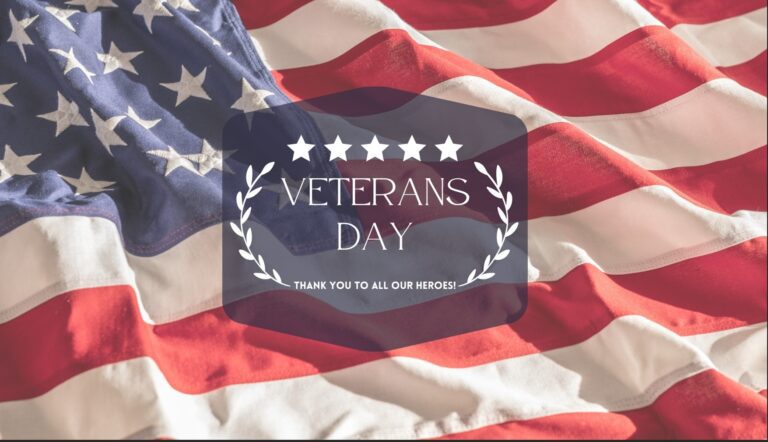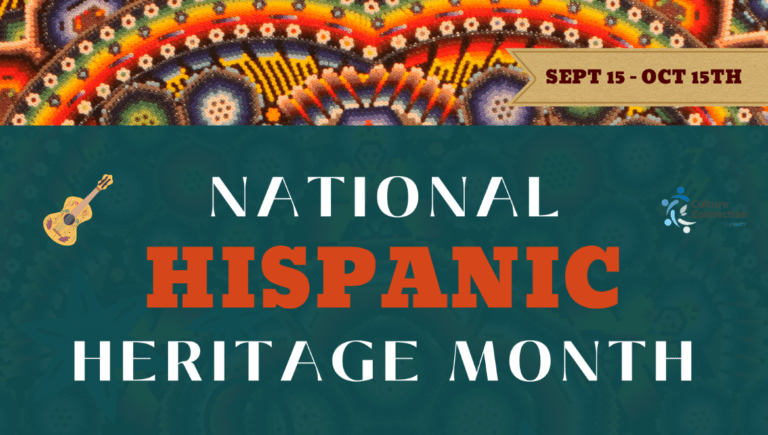Community. Celebration. Transformation. During June, as rainbow flags fly in the hands of enthusiastic LGBTQIA+ community members and their allies, Pride Month represents a kaleidoscope of identity, relationships, and the countless achievements of LGBTQIA+ individuals both past and present.
Pride Month also serves as a reminder that the LGBTQIA+ community is not a monolith. Conversely, each lived experience and personal story fosters a more intimate understanding of identity, self-expression, and how the connections we make impact our roles within society.
Despite these massive strides the LGBTQIA+ community has made in achieving equal rights over the last several decades, the fight for equality and true representation remains a constant pursuit. In our ongoing commitment to foster diversity, equity, inclusion and belonging, we spotlighted four GoHealth employees whose experiences as allies and members of the LGBTQIA+ community have influenced their worldviews and led them to be more expressive, empathetic leaders.
Going Beyond Performative Allyship
While there have been increased efforts in recent years to create more equitable spaces for LGBTQIA+ individuals, exclusion and workplace discrimination are still significant barriers.
According to a 2022 report shared by the Center for American Progress, as many as 23% of LGBTQIA+ employees experienced discrimination at the workplace; transgender employees specifically reported even higher proportions of discrimination (31%). Without the proper resources available to employees of various backgrounds, experiences, and identities, it can be incredibly isolating to navigate these spaces alone.
Unlike performative allyship, which is often motivated by personal, self-serving needs, authentic allyship is characterized by an ongoing effort to support a person or community in need.
Lauren Merrild, GoHealth’s Senior Manager of Instructional Design on Talent & Development believes true allyship creates a more stable sense of belonging.
“To me, allyship means listening to the concerns and needs of LGBTQIA+ people and being open to feedback and dialogue,” Lauren said.
Belonging is a feeling, inclusion is a practice, and diversity is the desired outcome. To acknowledge that there isn’t one universal experience is to acknowledge that discrimination comes in many forms. Discrimination is often intersectional, and LGBTQIA+ people who belong to other marginalized groups like people of color or people with disabilities face even greater challenges.
Merrild thinks that a greater focus on intersectional advocacy could more accurately address the often-overlapping areas of LGBTQIA+ discrimination.
She adds, “When we address the needs of people who live in poverty, then we are supporting LGBTQIA+ people who are experiencing homelessness. When we expand mental health offering and free support, then we are creating a safety net for young LGBTQIA+ people who have increased risk of experiencing harm and oppression. Inclusivity means addressing marginalization in all its forms.”
Advocacy Guided by Empathy
In addition to the direct discrimination that LGBTQIA+ professionals may face in the workplace, many attempt to hide their sexual orientation or gender identity out of fear of rejection or bias.
A 2023 survey conducted by the LGBTQ+ charity Just Like Us revealed that one in four young LGBTQIA+ people will hide their sexuality in the workplace due to how they might be perceived by their colleagues. In many of these cases, employees revealed that they had limited safe spaces or internal resources available that allowed them to express themselves freely.
Uplifting both employees and teams and recognizing each distinctive perspective not only builds stronger communities but also builds greater trust. McKenzie Meade, a Senior Benefits Consultant on GoHealth’s Member Services team, shares how she uses empathy as a guiding light when advocating for others in both her personal and professional life.
“As a member of the LGBTQIA+ community, the one lesson I have been able to take with me through life is to always show empathy to others,” McKenzie said. “You never know where someone comes from or what they’re going through, and I believe that holding a safe space for empathizing with others through both good and bad is what makes them human.”
Like many others, much of Meade’s empathy stems from her own experience as a member of the community. For years, she felt like she had to hide her identity from her family and friends out of fear of rejection or ridicule. Now, as someone who is living her authentic truth, she is advocating for others by fighting stigmas and being a support network for anyone in need.
She states, “In order to create a true sense of belonging, you need to challenge stereotypes and remove unnecessary gendered language, respect pronouns, create a safe space for open discussions, and avoid assumptions about others.”
In support of advocacy through empathy, one of GoHealth’s Employee Resource Groups, GoPride, focuses on highlighted the diversity within the LGBTQIA+ community, promotes career development, encourages allyship, and addresses the unique and evolving needs of our Medicare Advantage consumers. Together, we aim to create a more equitable future for all.
Inclusion Today for A Brighter Tomorrow
Accountability of self and those around you strengthens displays of genuine allyship. GoHealth Director of Member Services Torrence Ruff believes that accountability is fundamental in advancing truth and credibility in business practices. His dedication to accountability extends to all personal facets of life, too, with an emphasis on supporting LGBTQIA+ youth.
“In today’s world, there is more of a spotlight on our community, which, in my opinion, makes it harder for our LGBTQ+ youth to navigate at times,” Torrence explained. “In our professional settings, we need to set an example of what inclusivity looks like by standing behind our commitments and listening to the concerns and needs of those in our community.”
ERGs like GoPride not only create a more inclusive work culture, which can lead to better collaboration, increased creativity, and improved productivity, but also expose non-LGBTQIA+ employees to previously unexplored perspectives. And exposure to these new perspectives tend to yield greater awareness and acceptance for future generations.
In fact, new findings suggest that nearly 30% of Gen Z adults identify as LGBTQIA+, highlighting the social acceptance of LGBTQIA+ people amongst younger generations.
“To have future inclusivity means everyone needs to be more open-minded, We need to recognize everyone’s identity, celebrate openness, and continue to create and make our community even more resilient than it already is,” Torrence said.
Unity Through Community
For many marginalized communities, there’s strength in unity. Being uplifted by a community of people who share backgrounds and experiences can be a necessary catalyst to proudly stand up for what you believe in.
Amanda Arjona, one of GoHealth’s Retention Advocates, builds long-lasting relationships with the Medicare consumers she helps. In her own journey to self-discovery, Amanda learned to accept herself for who she is through connections to other members in the LGBTQIA+ community.
“Once I was okay with who I was, standing strong in principles gave me the boldness and confidence to do really well in life and work,” Amanda said. “Being queer is just one aspect of my identity. Because I allowed myself to be who I was, many other aspects of my identity bloomed and flourished.”
Through her own strength, she continues to support the most vulnerable members in the community — particularly trans people of color, who have been victims of roughly 80% of violent crimes against transgender people in 2024 alone.
From Arjona’s viewpoint, fear is too often the driving force behind the majority of LGBTQIA+-targeted crimes. To counteract this fear and ensure her colleagues feel more comfortable expressing themselves, Arjona believes it is of the utmost importance to create a safe and welcoming environment for everyone.
“Ask questions like: How do you identify or how can I make it more comfortable?” she recommended. “I think it is important to be more educated and learn outside of work as well. Do research on your own. The more we learn, the better.”
Community is what you make of it, and we can only determine the best path forward for diversity, equity, inclusion, and belonging by sharing distinct perspectives. By listening, learning, participating, and advocating we can create a world where everyone is celebrated and accepted for who they are. United, we can make a difference — for today and for the future of the LGBTQIA+ community.
About GoHealth
GoHealth is a leading health insurance marketplace and Medicare-focused digital health company. Enrolling in a health insurance plan can be confusing for customers, and the seemingly small differences between plans can lead to significant out-of-pocket costs or lack of access to critical medicines and even providers. GoHealth combines cutting-edge technology, data science, and deep industry expertise to build trusted relationships with consumers and match them with the healthcare policy and carrier that is right for them. Since its inception, GoHealth has enrolled millions of people in Medicare plans and individual and family plans. For more information, visit GoHealth.com.


